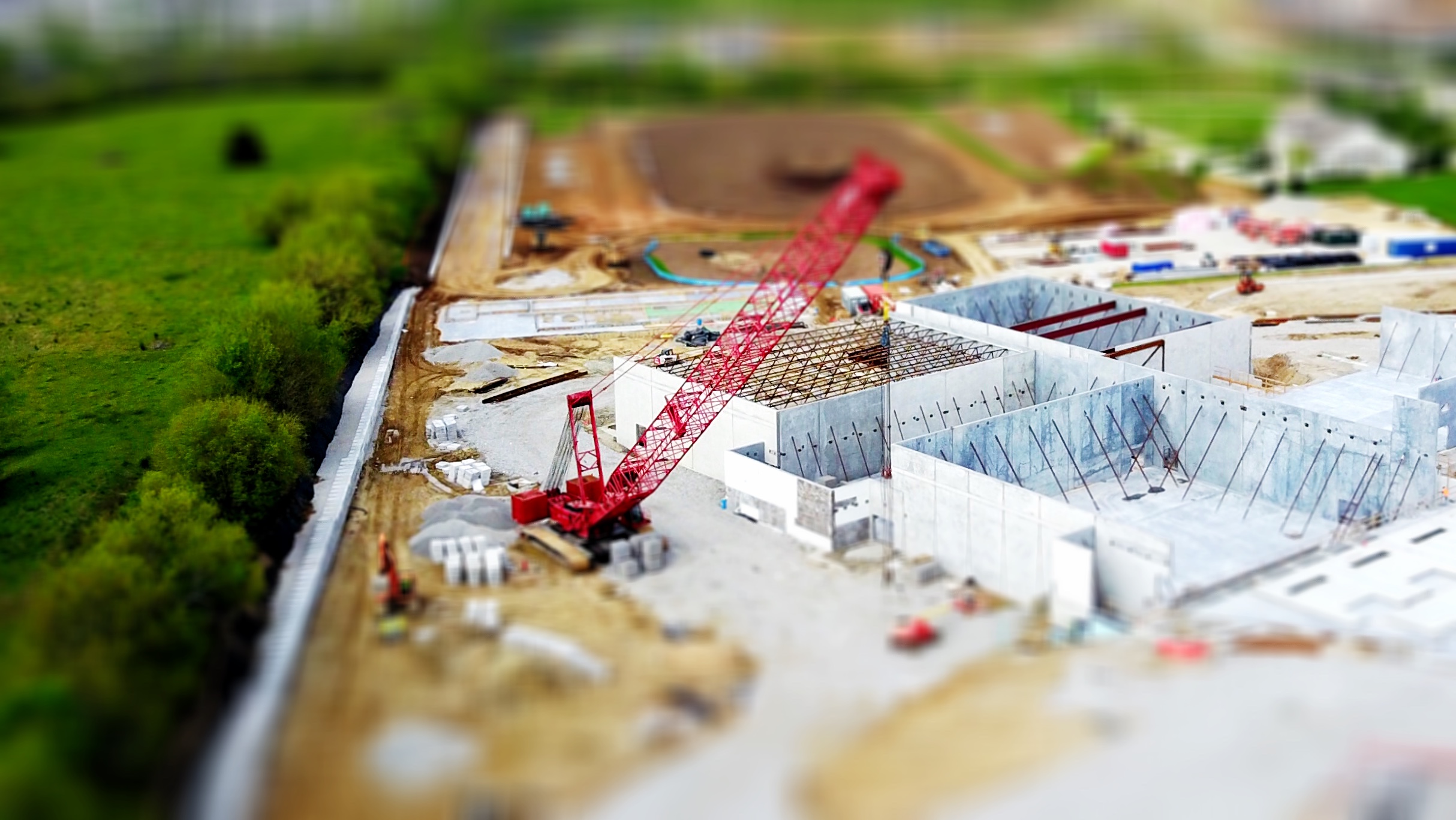-

-
On the occasion of World Town Planning Day (8th November 2017) the Church Environment Commission (KA) reflects on the current state of development planning in the country and is concerned, as it has been for the last years, about the direction that planning in Malta has taken. If we do not consider the wellbeing of future generations, we run the risk of even forgetting the current one and give an implicit or explicit licence to the powerful few to trample over the rights of everybody else, particularly the weak and vulnerable. In this way, national institutions would have failed both current and future generations.
Communities are being forgotten
The authorities are adopting a developer-driven planning system instead of a community-centred one as has been manifestly evident in the preparation of the original Paceville Masterplan, which was abandoned only after vociferous protests. The construction of tall buildings in the middle of urban areas is also an effect of this approach to planning.
Publication of revised local plans
While towers are being built among communities in Gzira and Sliema, the revised local plans which should put communities at the centre of planning have not yet been published despite statements by various ministers responsible for planning. In the meantime, partial reviews of the existing local plans are being carried out partly through planning control applications which are changing, in a piecemeal fashion, different areas in such local plans, with only a few people in the country, if any, knowing what the combined effects of such changes would be. The KA appeals to the Planning Authority to immediately carry out an exercise to identify and address conflicts that may exist between various planning policies, and between such policies and development plans, including local plans. Such conflicts are the joy of legalistic consultants and should be minimised in a serious planning framework.
Pre-electoral promises
Is the publication of the revised local plans being held hostage by pre-electoral promises to various individuals to extend the development boundaries, which promises are now being deemed to be impossible to entertain without compromising definitively large tracts of open spaces? It seems the Government has retreated from planning and left the urban and natural environments to be exploited by developers with as few controls as possible. While some people make hay while the sun shines, they deprive others of the light of the sun. The need for a change in the policies that are ruining the urban and natural environment is indeed very urgent.
The Constitution and the environment
The KA feels there is no need for a Constitutional Convention to publish local plans that do not extend the present development boundaries and which show how communities are going to be served by better planning. There is no need to change the Constitution for Government to put an end to developments in areas that are outside development zones. The Government’s statement declaring it will not carry out development projects in outside development zones, is of no consolation when at the same breath it allows the private sector to do so.
National heritage not a priority
The KA has stated more than once that the Environment and Resources Authority and the Superintendence of Cultural Heritage should be granted a veto in cases of development applications relating to areas within their competence. According to the KA, bridging the rights of the individual with the protection of historic sites as proposed by the Superintendent of Cultural Heritage will lead to the country losing many of the yet-undiscovered sites that may be worthy of protection. In this context, the KA appeals for changes in the development planning application process to safeguard such protection.
The importance of having meaningful and publicly available information in drawing up plans and policies
The KA is concerned that plans and policies are not being formulated on a community-based vision, supplemented by hard facts that are meaningful for the proper planning and execution of such plans and policies, and again appeals to Government to commit itself to carry out a property study and update it every year. The proposed property study needs to ascertain whether the current development frenzy is actually creating a bubble which will have serious implications on the country when it bursts and whether the Citizenship by Investment Programme (IIP) and possible money-laundering activities are contributing to the inflation of property prices in the country. It should also address demographic projections, the demands for industrial, commercial and office space that is really required by new or expanding economic sectors together with the risks attached to the over-reliance and growth of such sectors.
Institutions to stand up for the common good
The Planning Authority, the Environment and Resources Authority, the Lands Authority, the Attorney General’s Office and Parliament are to exercise full transparency and respect of the laws, treating all bidders for public land equally. The KA appeals to all professionals at these institutions to uphold their responsibilities towards the current and future generations and resist any pressure in changing their professional opinion for reasons which may not always seem valid. In this context, one is to ensure that consultants that provide advice to Government and such institutions do not have conflicts of interest that may contaminate the advice that they provide.
The KA urges the Office of the Guardian for Future Generations to make its presence felt strongly in order to safeguard the environment for future generations. Moreover, it would welcome a statement from Government to clear the air about SmartCity. Various claims carried by the media do not seem to have been denied by an official statement to date.
Road widening and the protection of trees
The Environment Commission again appeals to the authorities to guarantee the priority given to the safeguarding of trees in road widening projects and to include them in road planning and design, acknowledging their important role as air purifiers, cooling agents and oxygen providers.





